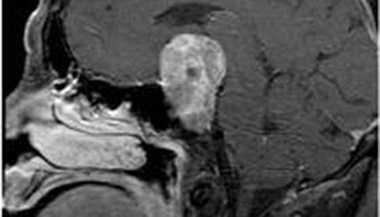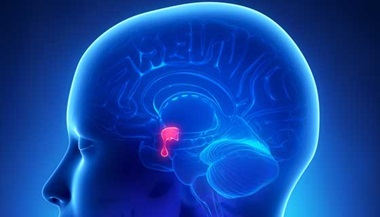Headache: Could It Be a Brain Tumor?
A bad headache can be scary. It’s hard not to think the worst if you’re unlucky enough to suffer with severe headaches. If the pain lasts or recurs, you may wonder if you have a serious problem such as a brain tumor.
Here’s the reassuring truth: Headache, by itself, is rarely caused by a tumor.
According to a neurosurgeon at Johns Hopkins’ Comprehensive Brain Tumor Center, the chance that your headache is a sign of a brain tumor is very remote.
Headaches are a common occurrence among the general population, but the vast majority of them have nothing to do with cancer.
However, experts recommend that if you experience a new headache, or the pattern changes or becomes more frequent, that is a good reason to visit your primary care doctor to rule out any serious problems.

Brain Cancer Facts
- The most common age range for brain tumors in adults is 40 to 60 years old.
- Tumors that start in the brain (primary brain tumors) are far less common than tumors that spread to the brain from other areas (metastatic brain tumors).
- Some brain tumors do not cause headaches at all, since the brain itself isn’t capable of sensing pain. Only when a tumor is large enough to press on nerves or vessels do they cause headache.
So if a headache is your main complaint and the pattern is staying fairly consistent, chances are you have one of many conditions such as migraine, tension headache, cluster headache or other variety. These headaches can be fiercely painful and disruptive but not life-threatening.
Visit your doctor for new or different headache
If you go to the doctor for headache, he or she will ask you about any recent neurological “red flags” that can signal a serious condition, such as
- Seizures
- Nausea and vomiting
- Numbness
- Swelling of the eye or vision problems
- Weakness or paralysis, especially on one side of the body
- Speech impairment
- Personality change
Rest assured
In the absence of these red flags, your doctor will work with you to manage the pain of your headache with medication, diet and lifestyle changes, or a combination of therapies. In most cases x-rays, CAT scans and other diagnostic tests are neither necessary nor even advisable, since they say very little about what’s causing a headache.
Headaches hurt, but there are many approaches that can make them more manageable. And just knowing it’s not likely to be cancer will likely bring you a measure of relief.






